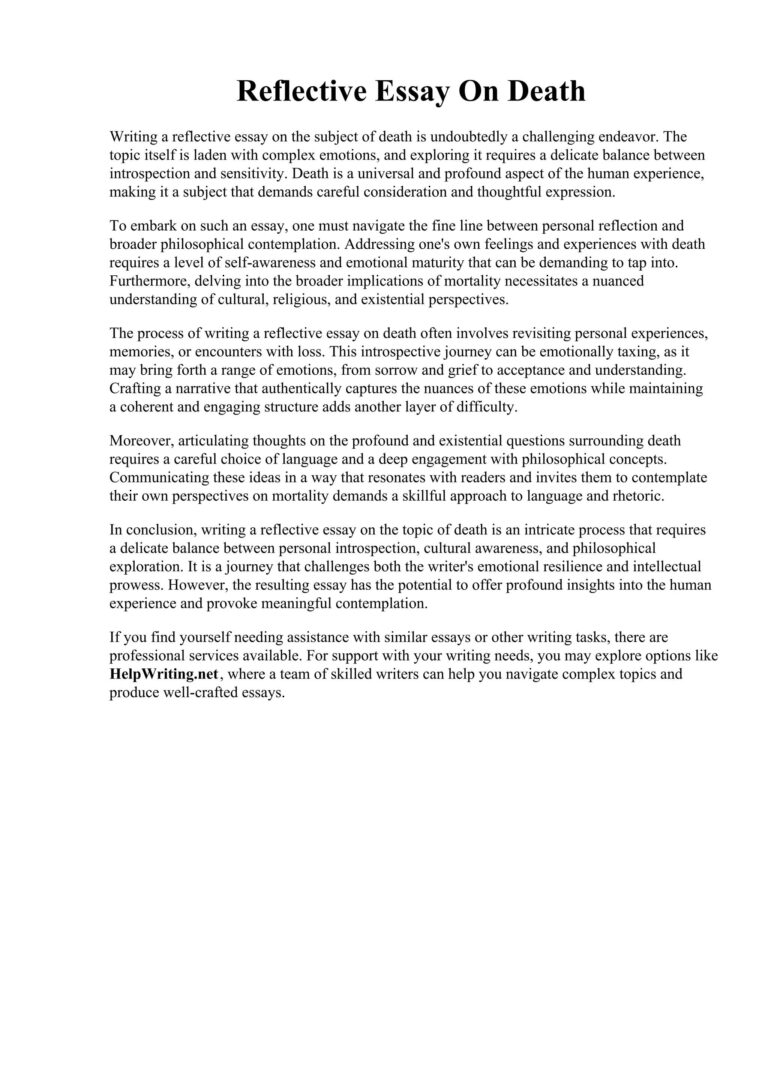South Sudan’s Path to Lasting Peace: A Bishop’s Call for Unity and Reform
Championing Peace and Good Governance in South Sudan
A leading bishop in South Sudan has recently issued a heartfelt appeal emphasizing the critical importance of peace and effective governance as pillars for the nation’s recovery. Addressing an audience comprising community representatives and international stakeholders, he highlighted that sustainable development hinges on these foundational elements. His message arrives amid persistent turmoil that has afflicted South Sudan since its independence in 2011, with ongoing conflicts severely impacting millions of lives.
The bishop stressed that overcoming decades of violence requires a unified approach involving government bodies, religious groups, civil society, and citizens alike. He remarked, “Healing our fractured communities demands collective responsibility and unwavering dedication.” This perspective calls for renewed commitment to reconciliation efforts aimed at building a just society where all can thrive.
Key Pillars for Building Sustainable Peace
In outlining his vision for lasting stability, the bishop identified several essential components necessary to foster harmony across South Sudan:
- Transparent Governance: Establishing accountability mechanisms within public institutions to restore trust.
- Inclusive Dialogue: Facilitating open communication channels among diverse ethnic groups and political factions.
- Civic Participation: Empowering grassroots organizations to actively engage in decision-making processes.
- Pursuit of Social Equity: Tackling economic inequalities by promoting fair access to resources and opportunities.
The bishop emphasized that these elements are interdependent; neglecting any one aspect risks undermining progress toward national cohesion. His call serves as a reminder that every individual holds a stake in shaping South Sudan’s future peace landscape.
Navigating Governance Challenges Amid Conflict
The ongoing instability presents significant hurdles for governance reform; however, targeted strategies can help cultivate transparency and accountability even under difficult circumstances. Central among these is fostering inclusive conversations not only between political elites but also involving local leaders, faith-based organizations, women’s groups, youth representatives, and civil society actors-ensuring broad representation strengthens legitimacy.
- Promoting Transparency: Publicizing government activities openly helps rebuild confidence among citizens wary from past corruption scandals (source example).
- Tackling Corruption: Implementing robust anti-corruption frameworks safeguards public funds crucial for reconstruction efforts.
- Court System Strengthening: Reinforcing judicial independence ensures laws protect human rights impartially across all communities affected by conflict.
- Create Community-Led Peace Initiatives: Empower locals through workshops on mediation techniques or youth leadership programs designed specifically around conflict resolution skills (see table below).
- Bespoke grassroots reconciliation workshops tailored around cultural contexts;
- Liaison programs partnering elders/traditional authorities with mediators;
- Eductional campaigns promoting tolerance values starting from schools upward;
Â
   Â
   Â
| Main Initiative | Main Benefit |
|---|---|
| Mediation Training Workshops | Cultivates dialogue skills enhancing mutual understanding between rival groups |
| Cultural Reconciliation Ceremonies Supported Locally | Nurtures trust-building traditions facilitating forgiveness processes within communities |
| Youth Leadership Development Programsn ttttn tttn |
n Equips younger generations with tools needed to assume constructive roles moving forwardn t |
This multi-layered approach aims not only at immediate conflict mitigation but also long-term societal resilience by embedding peacebuilding capacities directly into community structures.
The Role of Community Involvement Coupled with Global Partnerships in Stabilization Efforts
A cornerstone of achieving durable peace lies within active participation from local populations working hand-in-hand with international allies committed to supporting reconstruction initiatives. When people feel genuinely included in shaping policies affecting their lives-whether through traditional leadership councils or modern civic forums-they develop ownership over peaceful outcomes which reduces susceptibility towards renewed violence (related insight here).
Beyond domestic engagement,diplomatic backing plays an indispensable role too. International donors provide vital financial injections enabling infrastructure rebuilding while technical advisors assist governments implementing reforms aligned with global best practices.
| SOURCE OF SUPPORT | SCOPE AND IMPACT | ||
|---|---|---|---|
| MULTI-YEAR FUNDING PROGRAMS | TARGETED INVESTMENTS IN HEALTHCARE FACILITIES AND EDUCATION SYSTEMS TO PROMOTE SOCIAL WELLBEING | ||
| SPECIALIZED TECHNICAL ASSISTANCE FOR GOVERNANCE REFORMS | AIDING CAPACITY BUILDING IN PUBLIC ADMINISTRATION AND TRANSPARENCY MEASURES | ||
| DIPLOMATIC MEDIATION EFFORTS BY INTERNATIONAL BODIES SUCH AS THE UN OR AU | PROMOTING PEACE TALKS TO RESOLVE LONG-STANDING DISPUTES BETWEEN FACTIONS AND ETHNIC GROUPS. |
Together these combined actions create fertile ground where good governance principles take root alongside social harmony – prerequisites essential if South Sudan is ever going to break free from cycles of unrest.
A Final Reflection: The Road Ahead For South Sudan
The Bishop’s impassioned plea encapsulates both hopefulness grounded in realism about what it will take for this young nation scarred by war yet yearning deeply for normalcy. While challenges remain daunting-including entrenched divisions exacerbated by resource scarcity-the blueprint laid out stresses collaboration across sectors backed firmly by moral conviction.
Achieving enduring peace transcends mere cessation of hostilities; it demands systemic transformation driven equally by political resolve together with empowered citizenry committed toward justice equity reconciliation.
As observers worldwide monitor developments closely-from humanitarian agencies providing aid relief efforts upholding human rights defenders-the imperative now rests upon turning visionary rhetoric into concrete steps ensuring brighter prospects ahead.
South Sudanese people continue aspiring toward stability marked not just by survival but flourishing prosperity rooted firmly upon foundations built today through unity courage perseverance-and faith shared collectively throughout their homeland’s journey forward.







